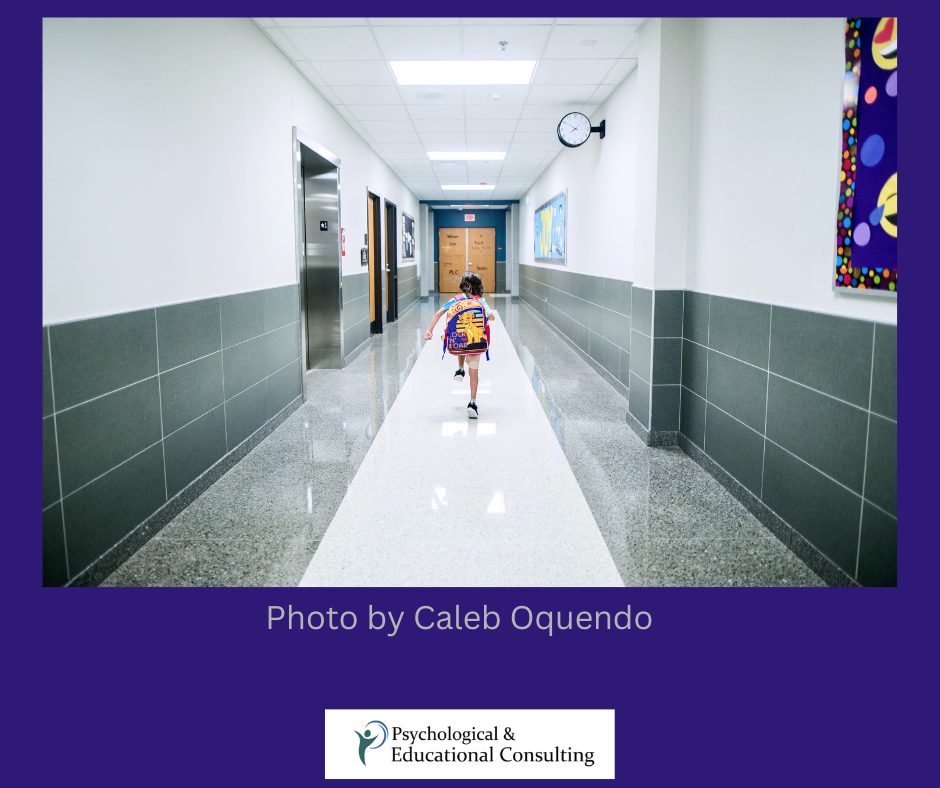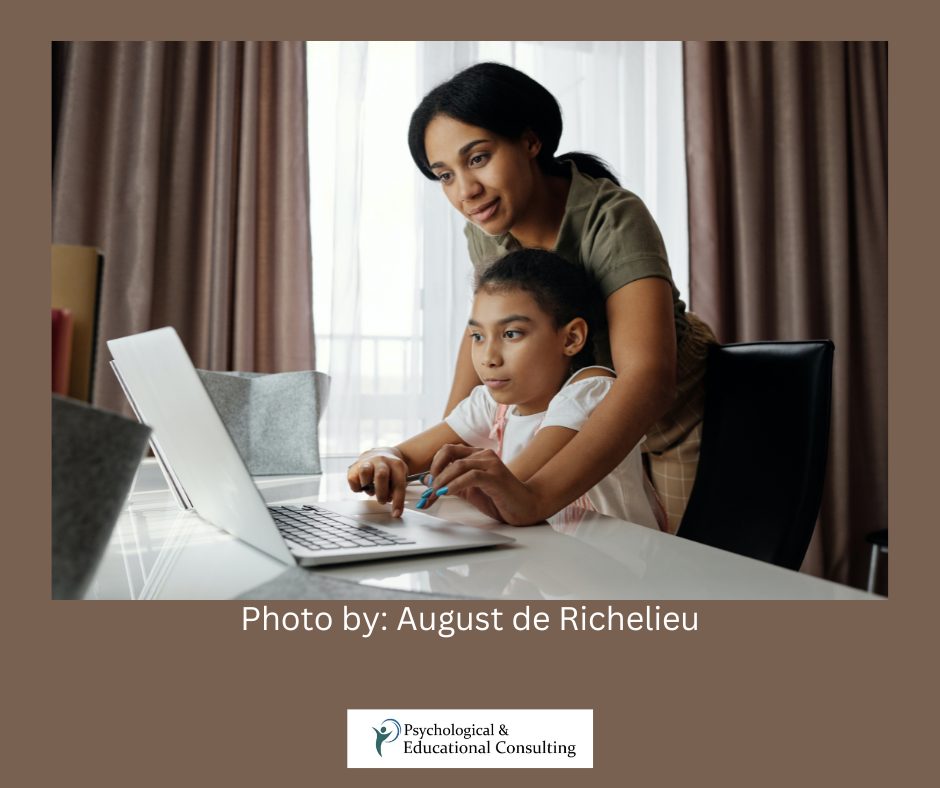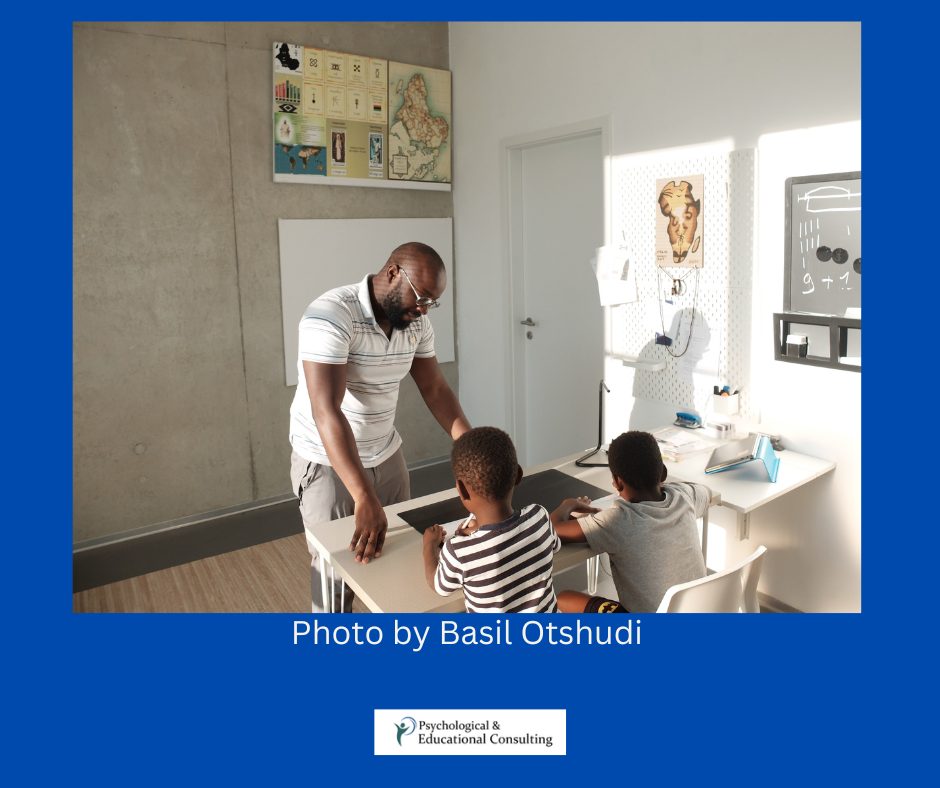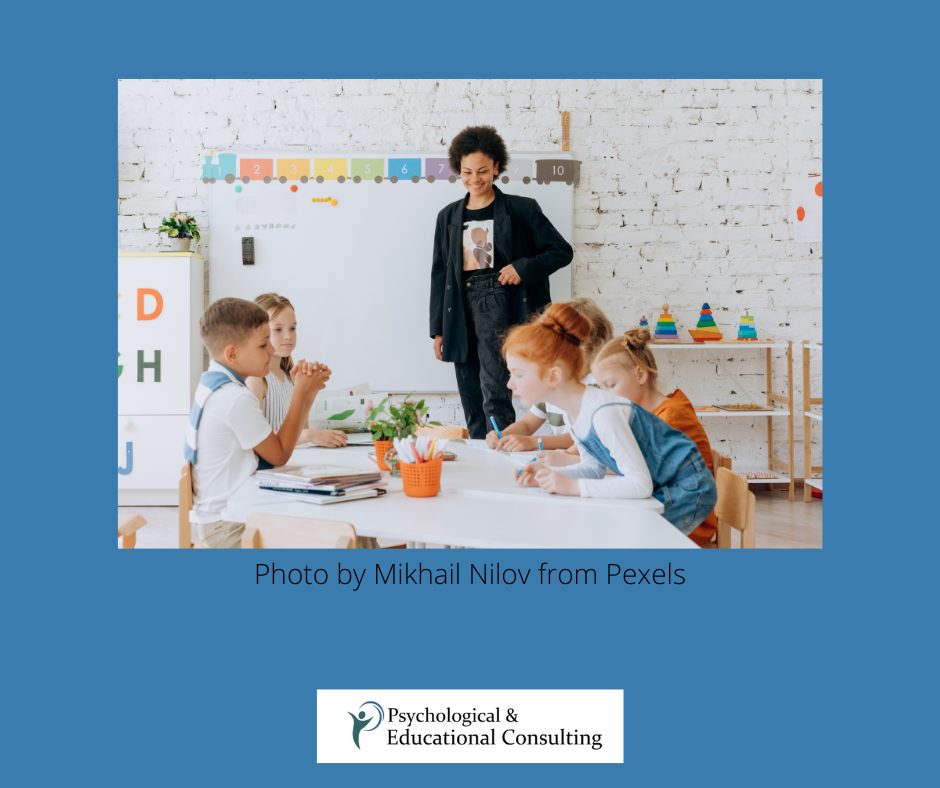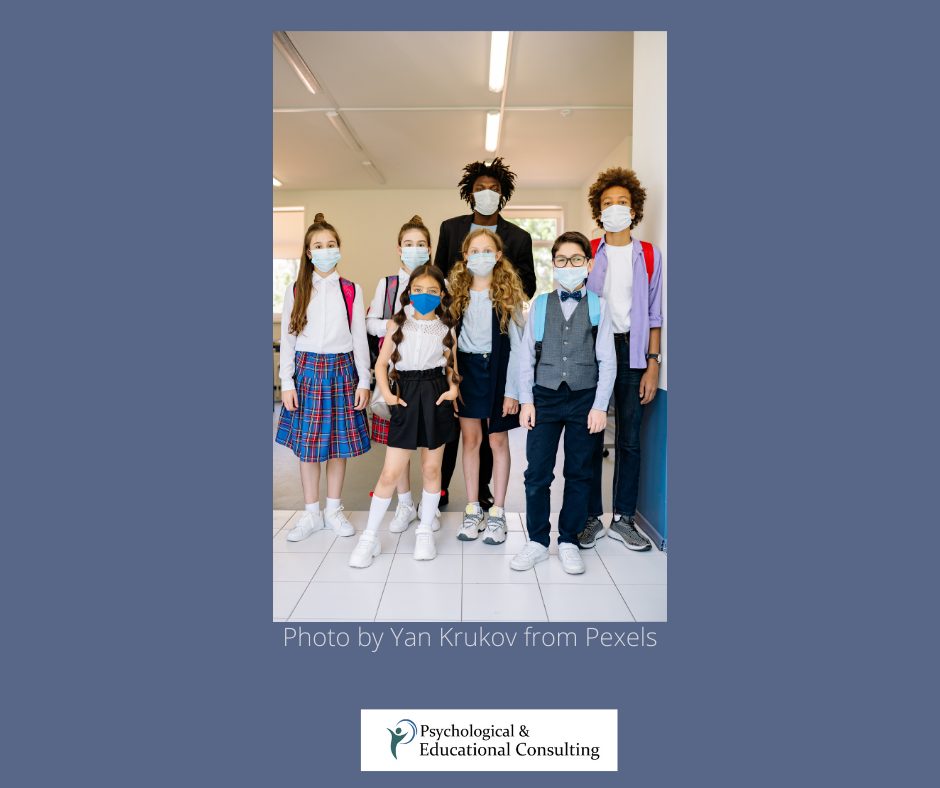Anxiety and Friendships: New School Year, Fresh Start
written by Dr. Liz Matheis, posted on Psychology Today
The start of the school year can breed anxiety for parents of anxious children, teens, and young adults. Although your child may want and seek and desire friendships, this may be an area that needs some coaching with the fresh start of a new school year.
So, what are you, as the parent of an anxious child, teen, or young adult, to do in an effort to help your child learn how to connect with other same-aged peers, build the skills to manage situations that don’t go their way, and maintain friendships over time? This is a difficult task because you hurt for your child when you see conflicts, when you hear words like, “She’s being mean to me,” when you notice that your and your child’s invitations for playdates are not being answered or reciprocated, or when you find that your teen or young adult is not being included in social plans.
Keep Your Ears Open
For young children (elementary-aged), I encourage parents to invite a friend over to play and to keep a listening ear from the next room. That is, take note of how your child interacts with his peers. For example, is your child bossy? Or, is your child quickly backing down to what the other child wants to do but then voicing to you later that the playdate was not fun because they did not get to play the games they wanted?
Listen to how your child manages negotiations and compromises, if at all. Are you hearing, “If you don’t play this game with me, then you’re not my friend”? Take note of which games your child enjoys and if the other child is joining them.
All of this information gives you insight into how your child is interacting with other children when you are not within earshot. You are also gaining valuable information about your child’s preferences, conflict resolution skills, and social personality. And try to maintain a schedule of one playdate per week, as friendships are built outside of school. Although this is difficult for working parents, make it a point to organize one social plan for each of your children per week.
For older children (middle school and older), the car is a great place to get a vibe check on what’s happening in your pre-teen and teen’s social world. Volunteer to drive your child and friends around and let the conversations go. The quieter you are in the driver’s seat, the more they forget you’re there and speak openly and candidly.



